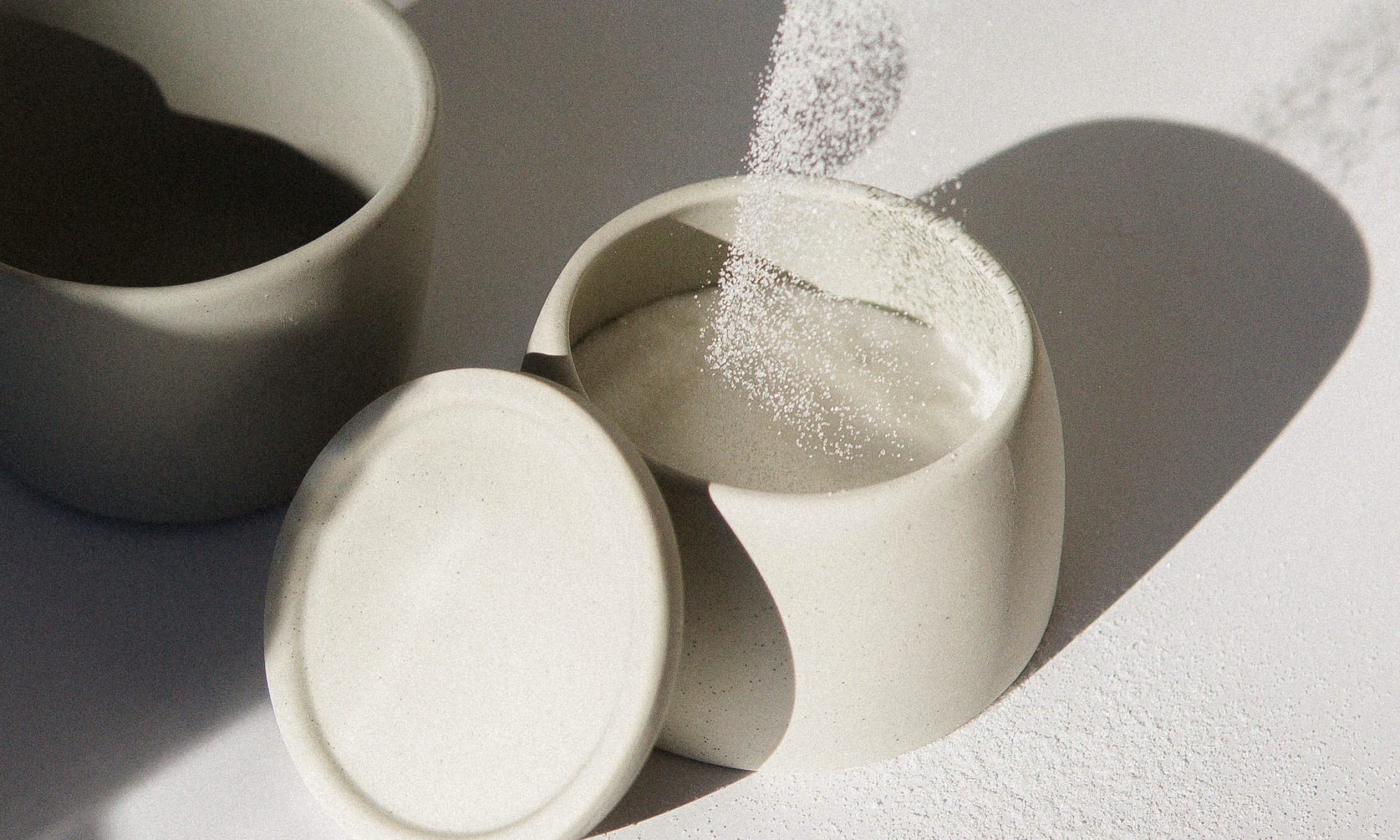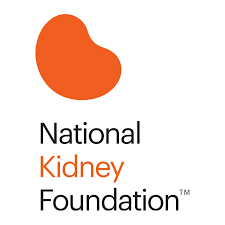Loading
The long-term success of a kidney transplant depends on many things. You should:
-Be seen by your transplant team on a regular basis and follow their advice
-Take your anti-rejection medications daily in the proper dose and at the right times, as directed by the transplant team, to keep your body from rejecting your new kidney.
-Follow the recommended schedule for lab tests and clinic visits to make sure that your kidney is working properly.
-Follow a healthy lifestyle including proper diet, exercise, and weight loss if needed
To read the full article and find more post-kidney transplant resources, visit the National Kidney Foundation’s page here.
Loading
Loading
Today, the average American consumes almost 152 pounds of sugar each year, which breaks down to almost 3 pounds (or 6 cups!) of sugar each week. That’s a lot of sugar – so it shouldn’t come as a surprise to that sugar may be a key factor contributing to our national obesity epidemic.
Obesity increases your risk of developing high blood pressure and diabetes, two of the leading causes of kidney disease. To protect your kidneys, it’s important to maintain a healthy weight and follow a healthy diet. This means paying attention to food nutrition labels and considering the impact sugar – in addition to fat, sodium and other ingredients — has on our diets. Read more from the National Kidney Foundation.
Loading
Loading
Is transplant the best option for patients with kidney disease?
For the majority of patients, transplantation is the best option. Kidney transplant is not a cure for kidney disease, but it can help you live longer and with a better quality of life. Kidney transplants come from either living organ donors, or deceased organ donors. A live donor kidney transplant is considered the best option for people with kidney disease. Transplant is not an option for everyone. Speak with your healthcare team to decide if transplant is an option for you. Read more from the National Kidney Foundation.
Loading
Loading
What is the recovery period and when can the donor return to normal activities?
The length of stay in the hospital will vary depending on the individual donor’s rate of recovery and the type of procedure performed (traditional vs laparoscopic kidney removal) although the usual stay is 1 to 3 nights. Since the rate of recovery varies greatly among individuals, be sure to ask the transplant center for their estimate of your particular recovery time. Read the full story from the National Kidney Foundation.
Loading
Loading
What blood types “match”?
Blood typing is the first blood test that will determine if your blood is compatible with the potential donor’s blood. If the donor’s blood type works with your blood type, the donor will take the next blood test (tissue typing).
Kidney donors must have a compatible blood type with the recipient. The Rh factor (+ or -) of blood does not matter in a transplant. Read more from the National Kidney Foundation.
Loading
Loading
March 2, 2022
@
8:00 am
–
5:00 pm
Help Our Voices for Kidney Health Make Themselves Heard on Capitol Hill
Every March kidney advocates from across the country come to our nation’s capital to meet with their lawmakers. Kicking off National Kidney Month, NKF’s annual Kidney Patient Summit is a powerful expression of grassroots advocacy and an important reminder for Members of Congress that kidney disease is a national healthcare priority and growing public health crisis.
Last year, more than 200 advocates met with their lawmakers virtually to stress the urgency around legislation that would protect living kidney donors; expand access to home dialysis; and expand federal programs that promote kidney disease awareness, education, and research.
Loading
Loading
“When your kidneys fail, treatment is needed to replace the work your own kidneys can no longer do. There are two types of treatment for kidney failure: dialysis or transplant. Many people feel that a kidney transplant offers more freedom and a better quality of life than dialysis. In making a decision about whether this is the best treatment for you, you may find it helpful to talk to people who already have a kidney transplant. You also need to speak to your doctor, nurse and family members.”
Learn more here.
Loading
Loading
“Just a year or two from now, patients waiting for a human kidney may be able to participate in a trial for a pig kidney, if a short-term experiment at NYU Langone Health in New York City paves the way for trials in patients with end-stage kidney failure.
The successful result was released October 19 and this experiment is the first of its kind. “
Read more here.
Loading
Loading
“This week, the U.S. House of Representatives is reviewing several policy initiatives in the budget reconciliation process that, if passed, could positively impact patients with kidney disease. The National Kidney Foundation and our advocates nationwide have been working closely with Congress to keep kidney patients and their unique needs front and center and we strongly support the following initiatives:
Lowering the Cost of Prescription Drugs
NKF is proud to have worked with the Partnership to Protect Coverage in advocating for lower cost prescription drugs for our patients. Among other things, this provision caps Medicare Part D out of pocket costs at $2000 per patient, per year. “
Learn more here.
Loading




